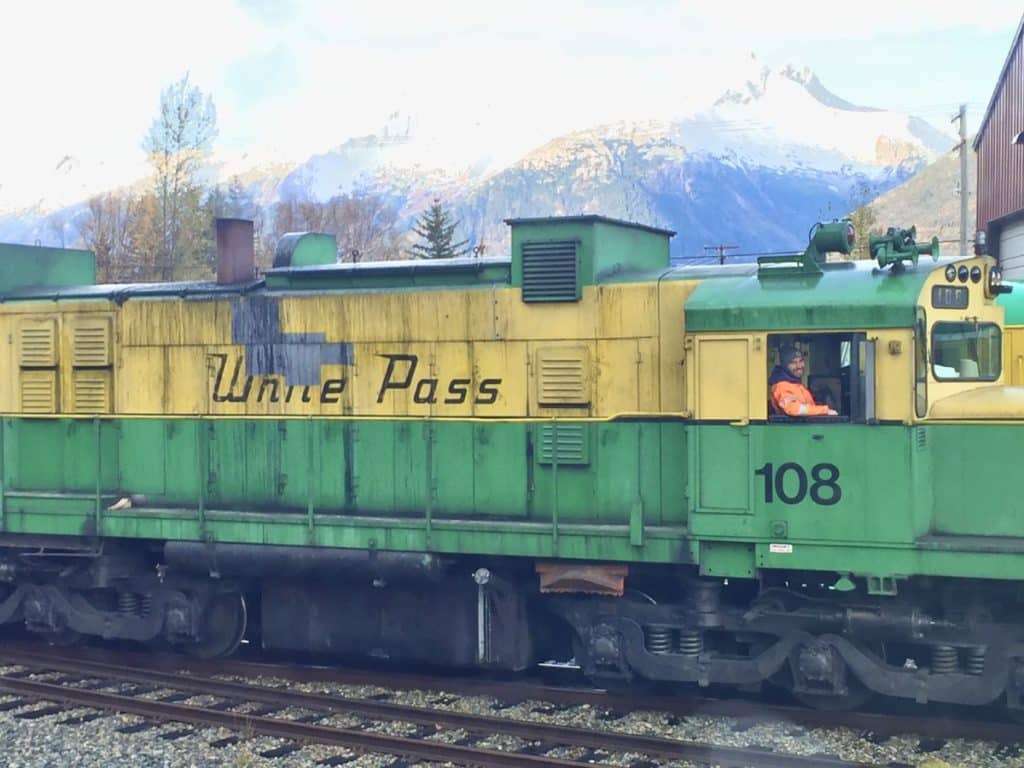
SMART Transportation Division-represented members from Local 1626 (Anchorage, Alaska) on the White Pass and Yukon Route will begin electronic voting tonight on whether to authorize a strike against the carrier.
Negotiations with the tourist railroad have been open since the expiration of the last labor contract in late 2017.
In an interview with the Whitehorse Daily Star, SMART-TD General Chairperson Jason Guiler (GCA-WPY) said that the carrier is seeking to increase the burden of health care costs onto workers as well as reducing the number of operating crew members.
He told the newspaper that ticket prices have increased by $27 per ticket since 2017 to an average of $152 per ticket and the carrier is expected to transport some 600,000 passengers this year.
As set forth by the Railway Labor Act, if a strike is authorized by members after the three-day voting period, a National Mediation Board mediator will then determine whether to release workers from mediation. If mediation is concluded and a strike authorized, a proffer of arbitration would then happen.
If arbitration is rejected by either the union or carrier, it would begin a 30-day cooling-off period before a strike could occur.
White Pass and Yukon operates as a Class III narrow line from Skagway, Alaska, to Carcross in the Yukon Territory and is the largest employer in Skagway.
Related News
- California SMART-TD Brother Killed on the Job
- Union Mourns the Loss of Brother Charles Harrison
- FRA Issues Grade-Crossing Safety Advisory
- Amtrak To Give SMART-TD Members Holiday Bonuses
- SEPTA Strike Avoided: Strong Agreement Secured
- Posthumous Retirement Ceremony Honors Lost Brother
- SMART-TD: Built by Members, Driven by Your Voice
- Conductor, Volunteer Firefighter Injured and Needs our Help
- FRA Doubles Our Risk By Reducing Track Inspections
- Value of Unions